The Global Library of Women’s Medicine
Loading...
Enhancing the Welfare of Women
Expert Health Information for Women
Diet and Nutrition in Pregnancy
What you should eat during pregnancy

The Global Library of Women’s Medicine
(www.glowm.com)

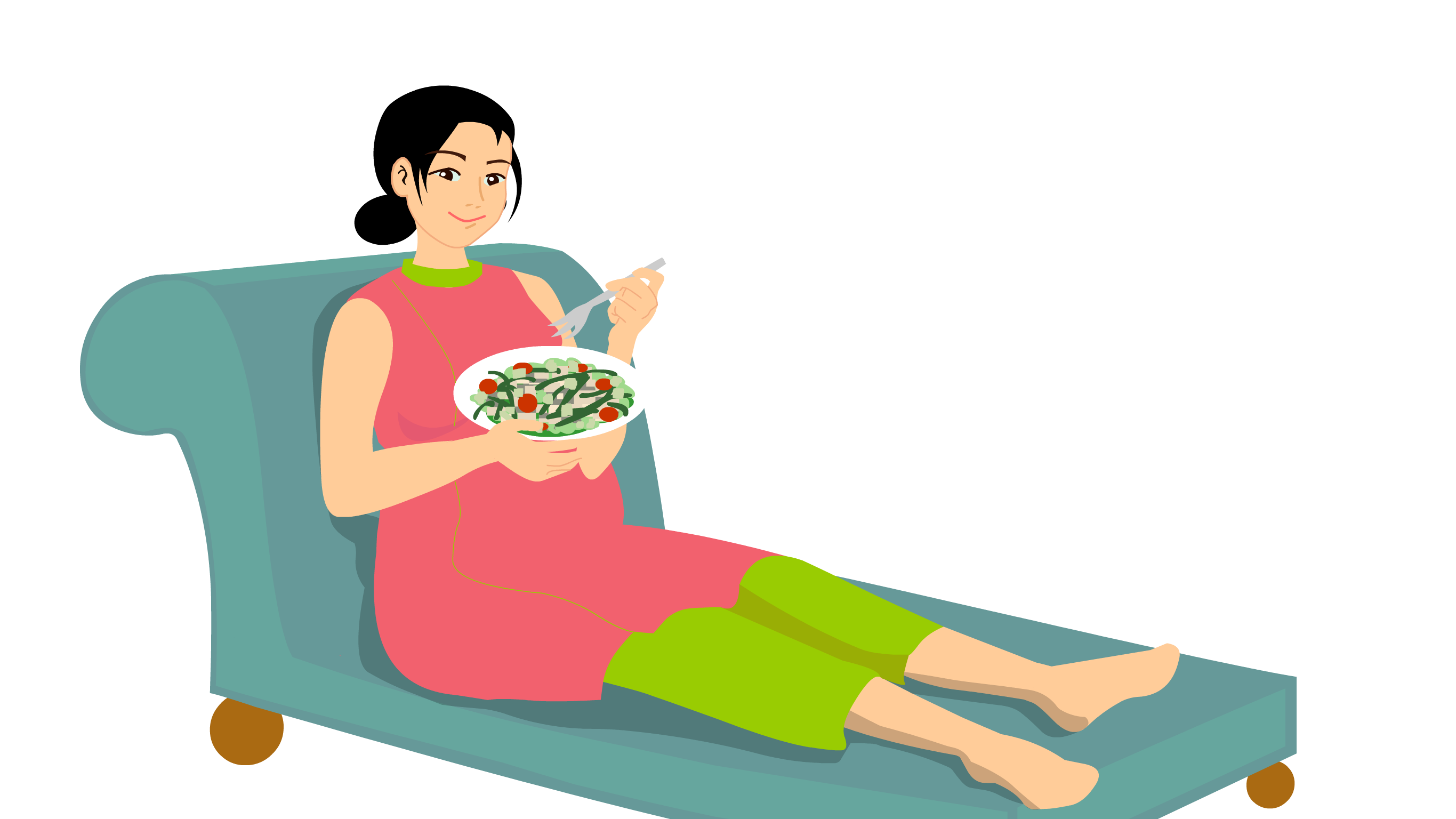
When you are pregnant or breastfeeding, your body needs different types of food every day to keep you energetic and healthy, and make sure that your baby grows properly.
It is important to eat regularly, having at least three meals and two healthy snacks (food taken in between main meals) every day.

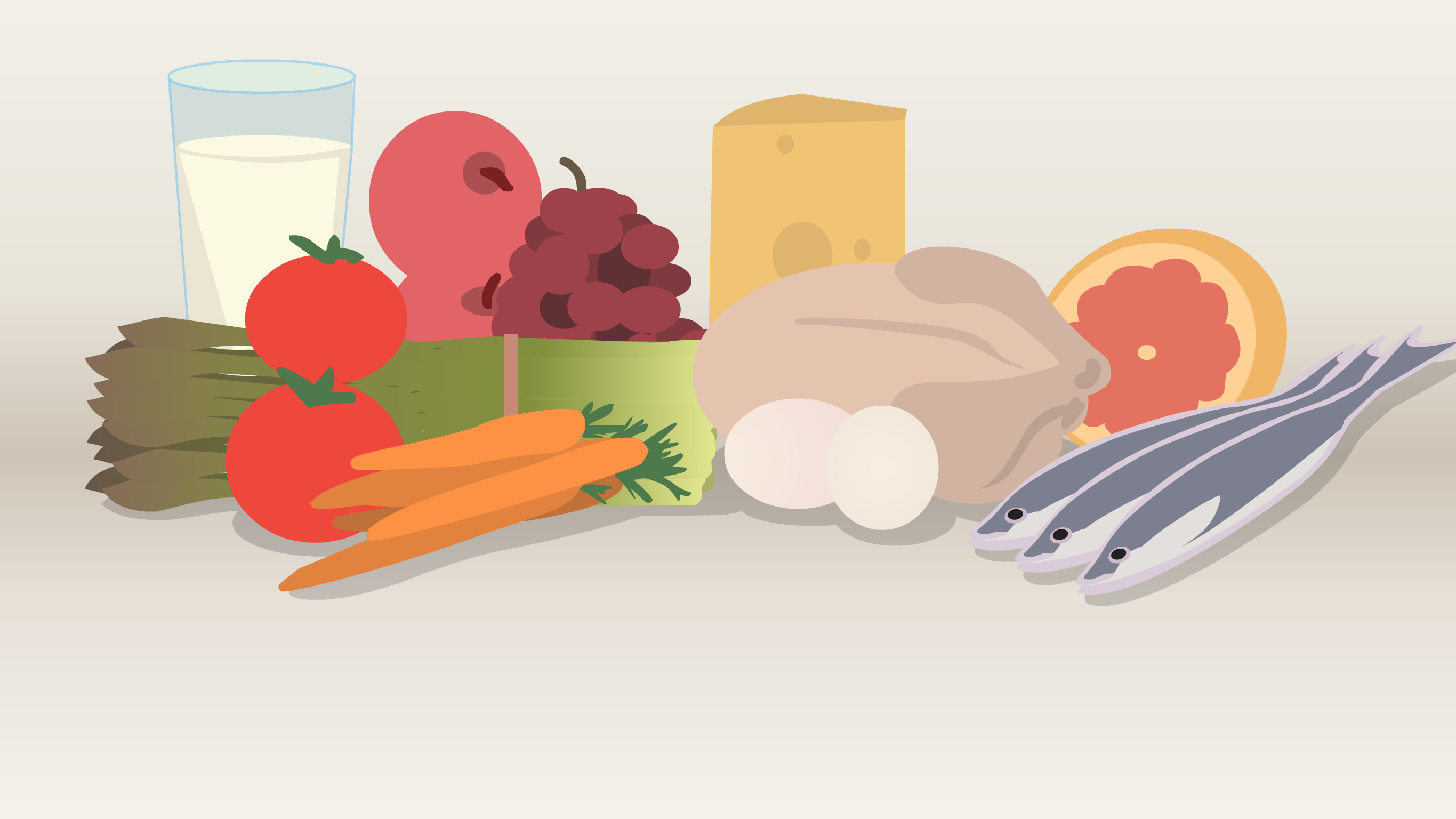
During pregnancy, a healthy diet, with different types of food, provides enough energy, protein, vitamins and minerals for you and your growing baby.
Eating different types of food at each meal helps your body to get ready for breastfeeding and to recover from childbirth so you can care for your family.




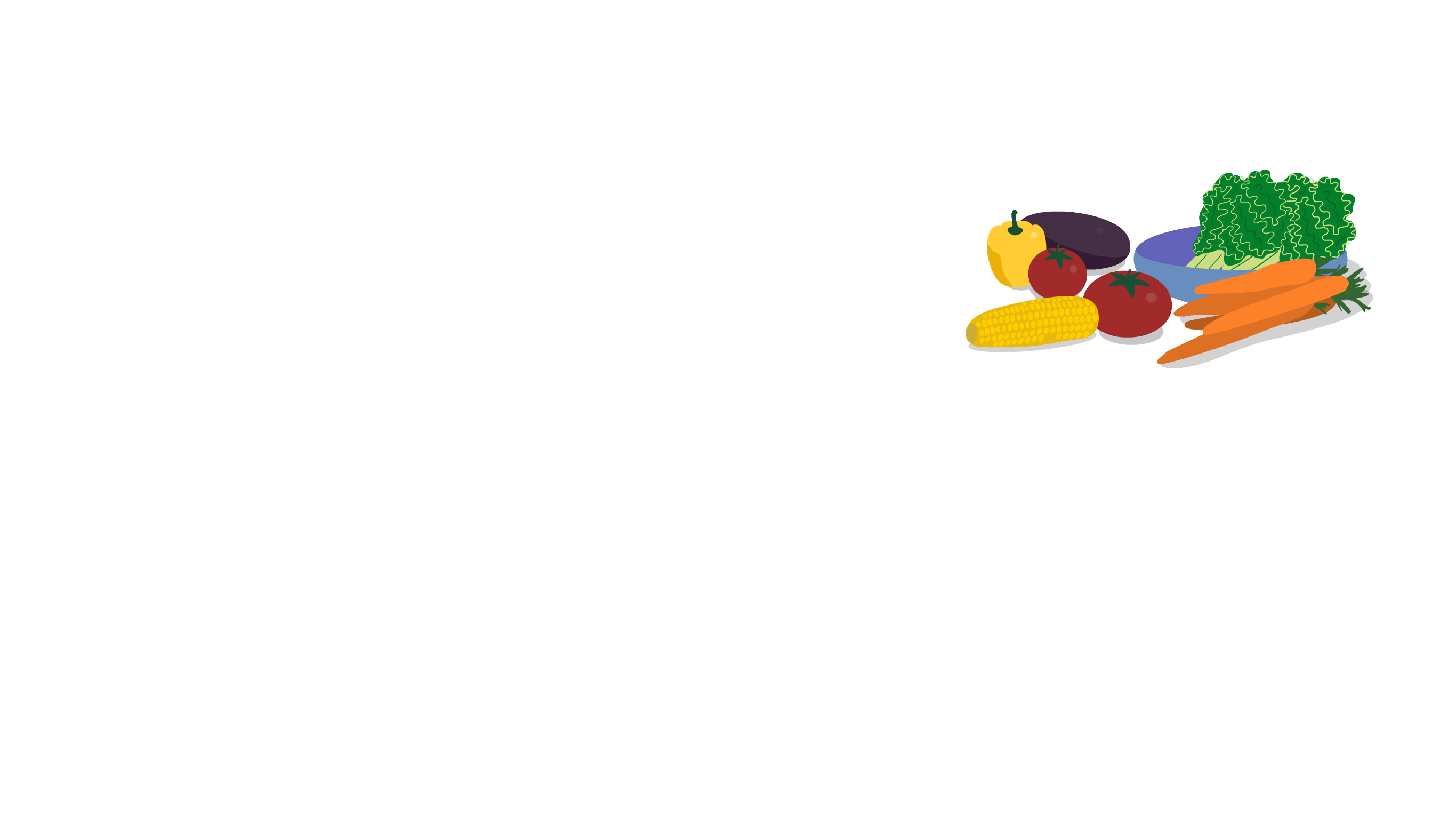
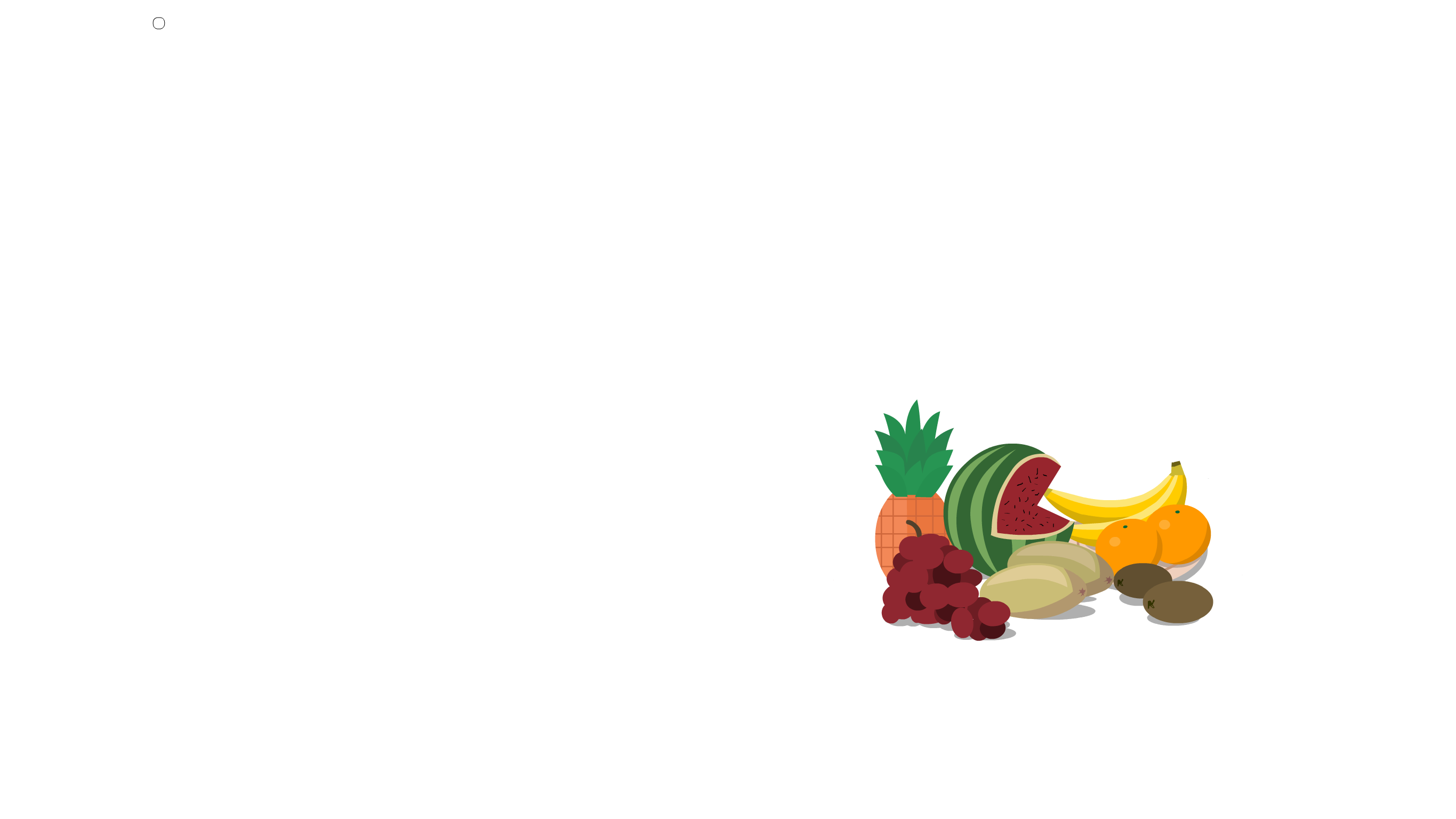
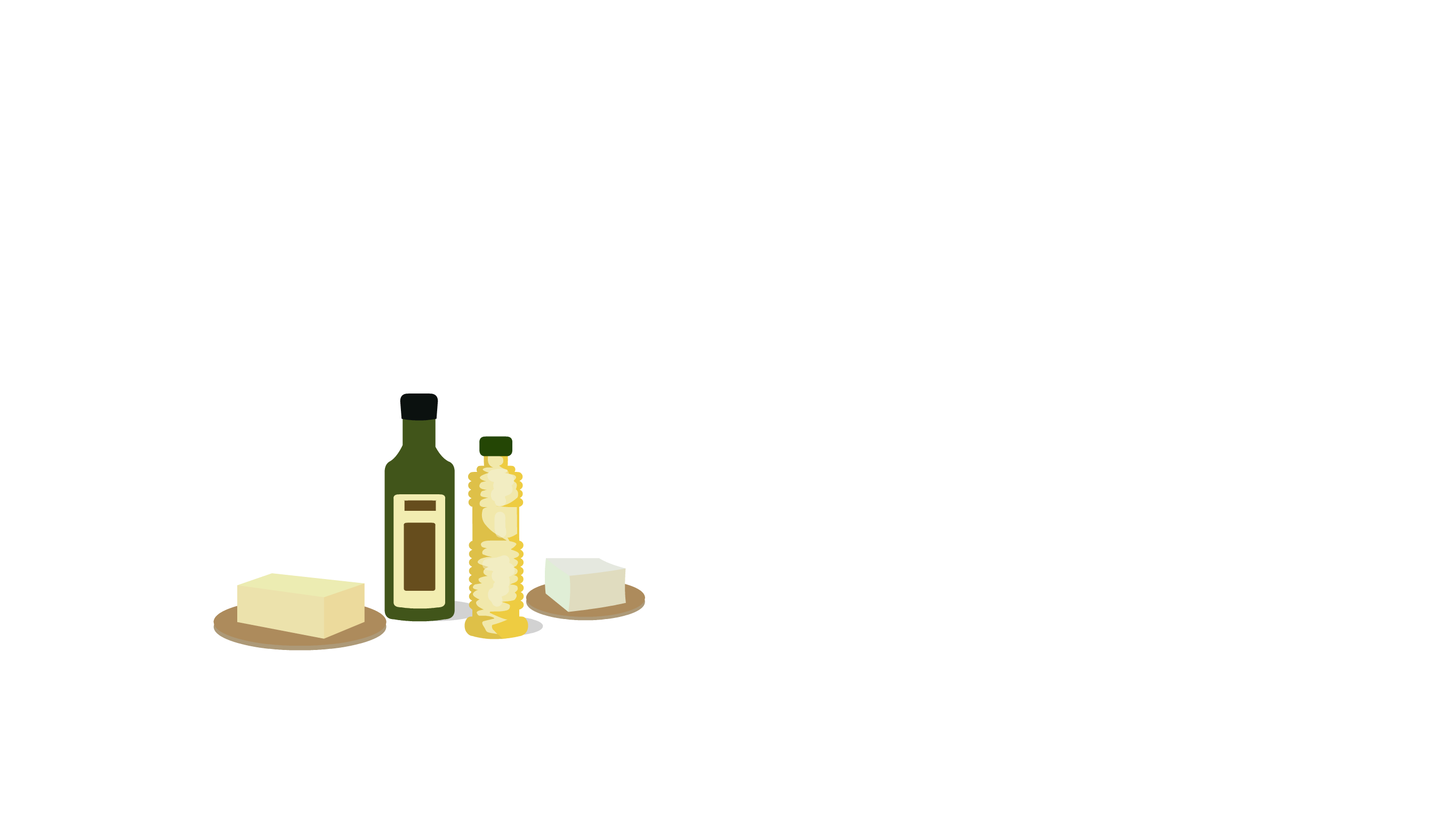
Different food types can be grouped together and they help in different ways.

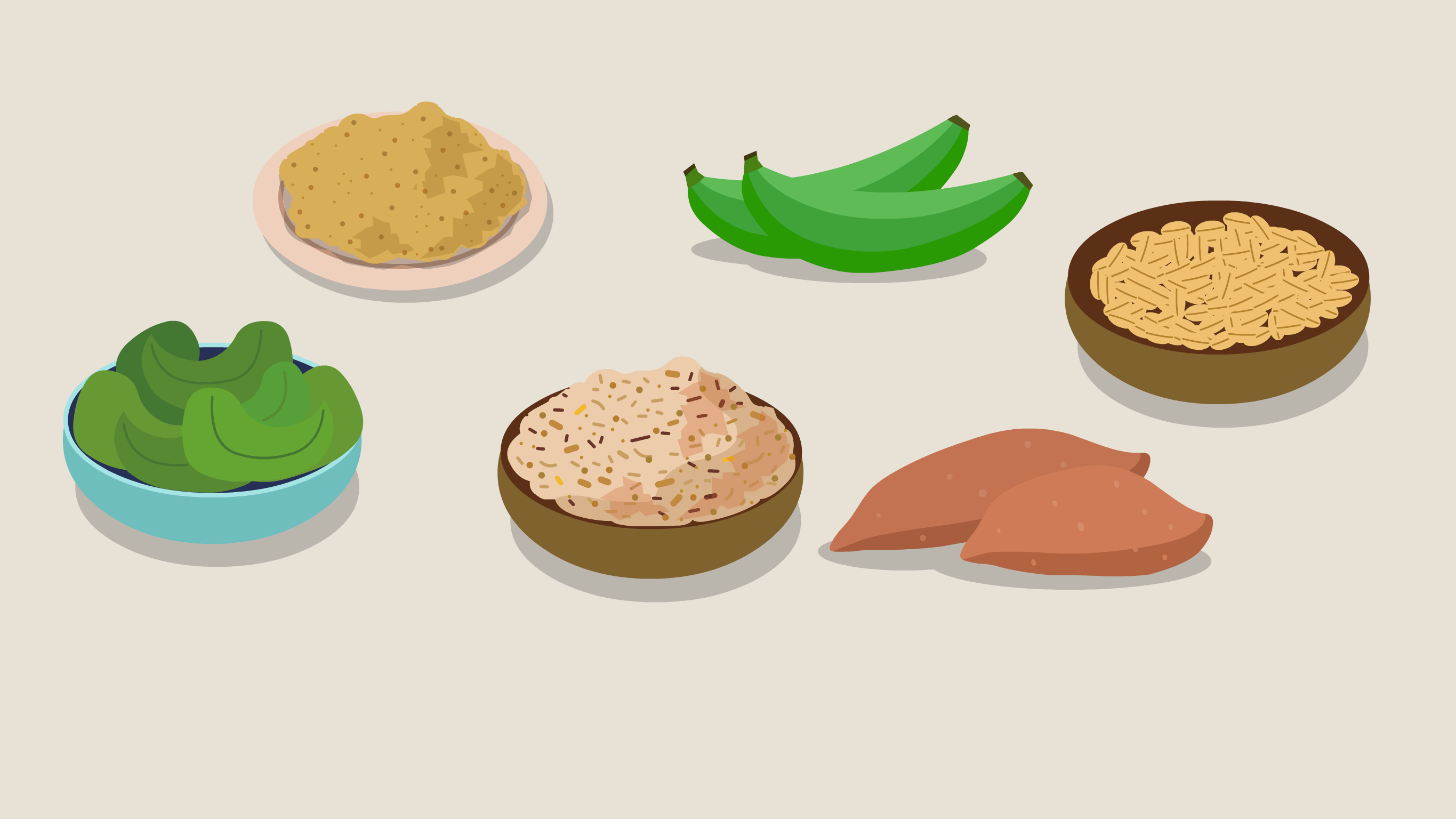
Cereals (grains), tubers, roots and bananas/matoke are foods that give you energy to stop you from feeling weak or tired.
Examples of these are: rice, maize, sorghum, wheat, millet, plantain, taro, green bananas, bread, pasta, cassava, potatoes and yams.

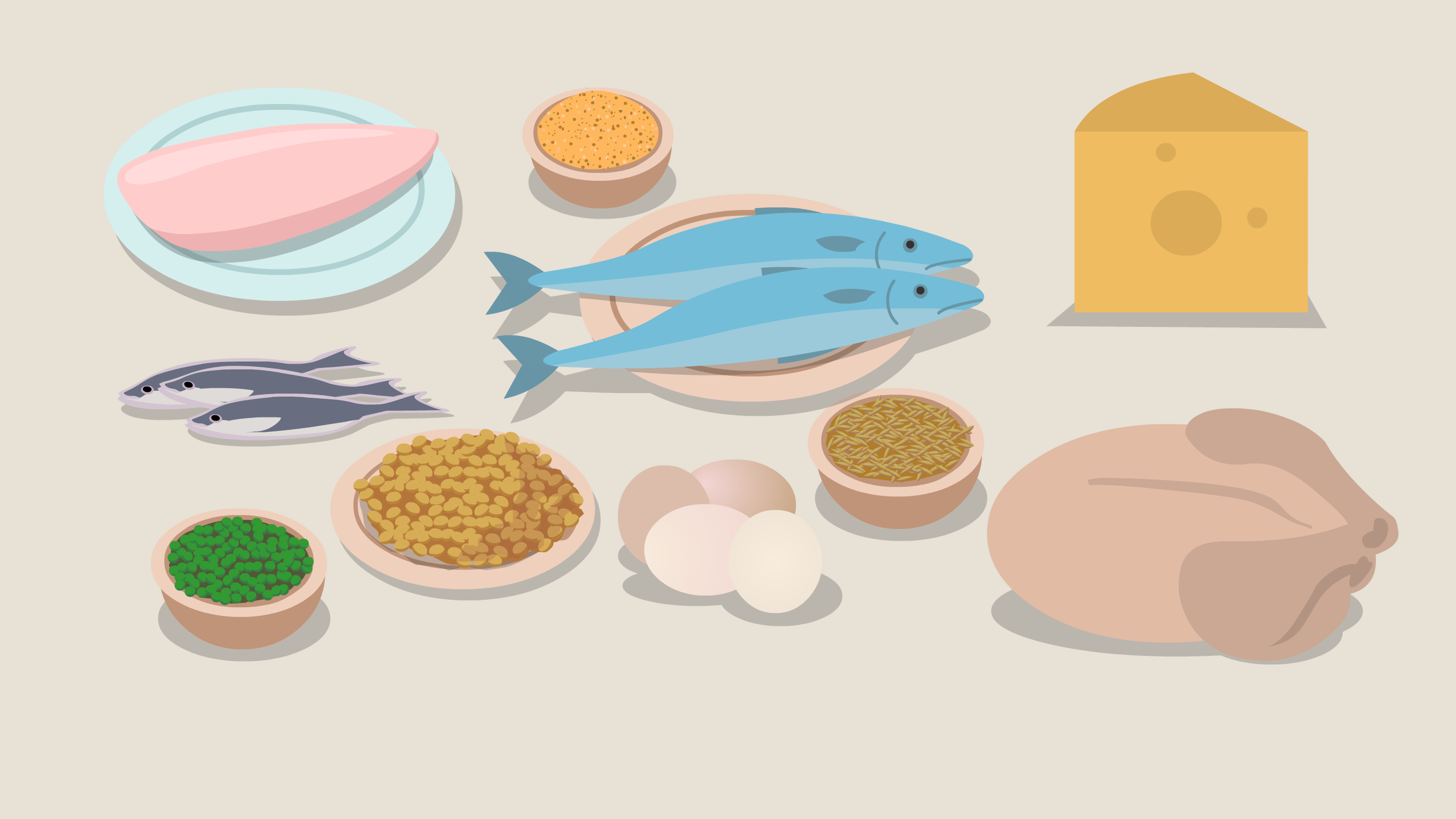
Legumes and animal products help the baby grow well in the womb and can stop you from having small or weak babies.
Examples are: beans, peas, groundnuts, simsim/sesame seeds, meat, eggs, fish, milk and chicken.

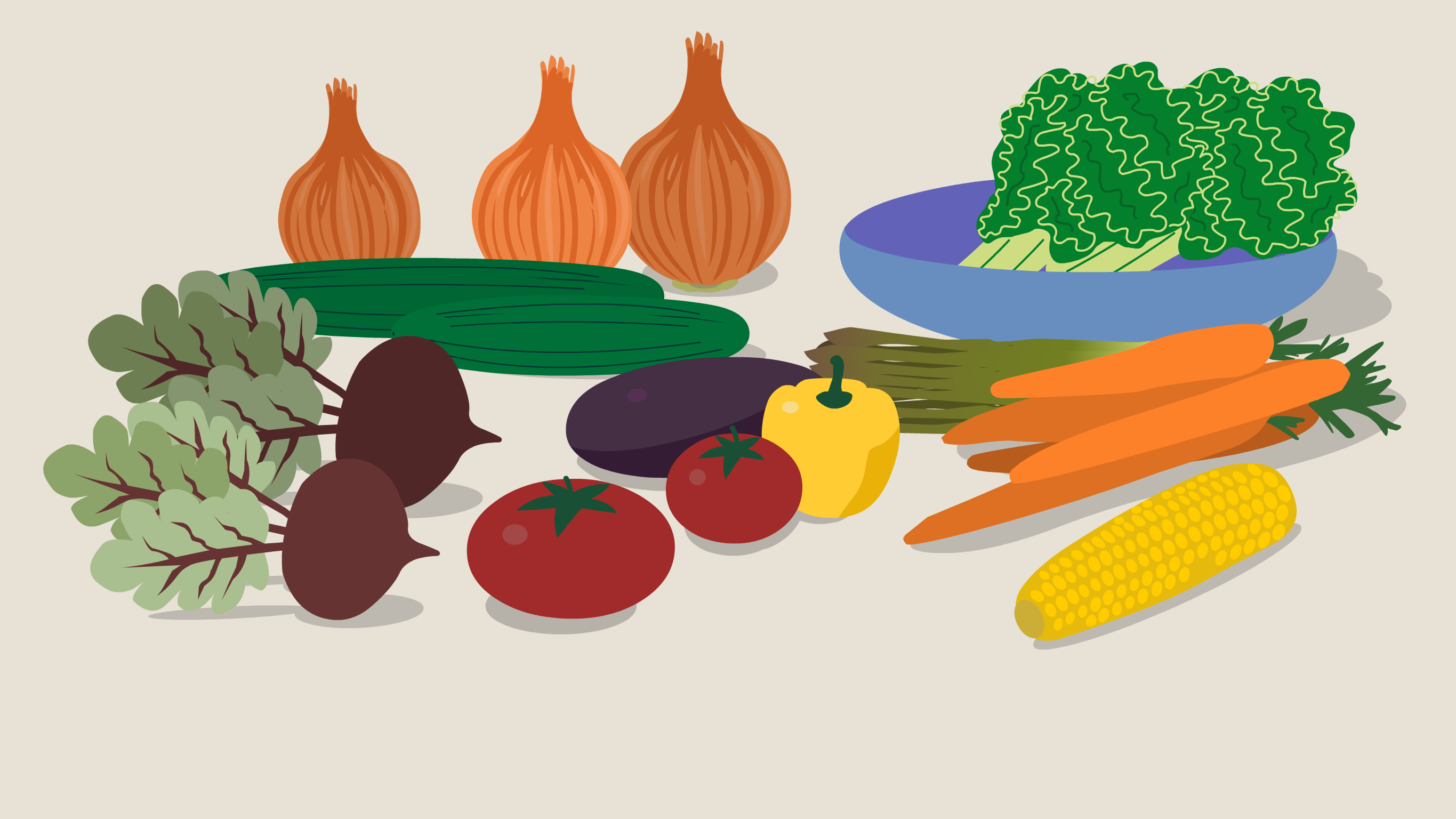
Vegetables help to stop constipation, anemia (or weak blood) and health problems in newborn babies.
Examples are: dark leafy vegetables, carrots, tomatoes, pumpkins, eggplants, peppers, cabbages, beetroots, turnips, garden eggs, onions and garlic.

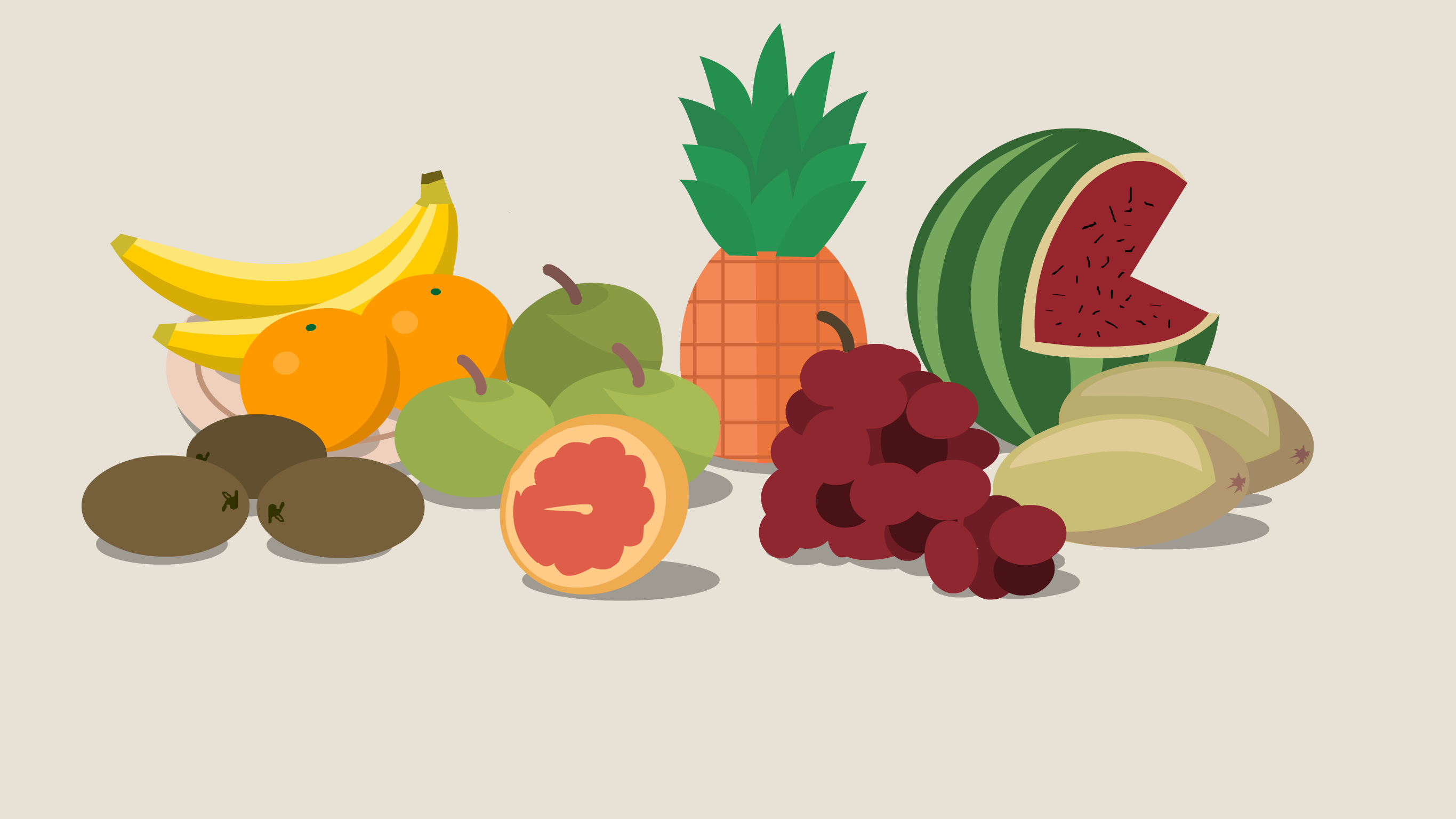
Fruits help to stop sickness and help the body heal quickly.
Examples are: bananas, mangoes, pawpaw, oranges, passion fruits, avocados, apples, watermelons, pineapples, tangerines, berries, guavas and lemons.

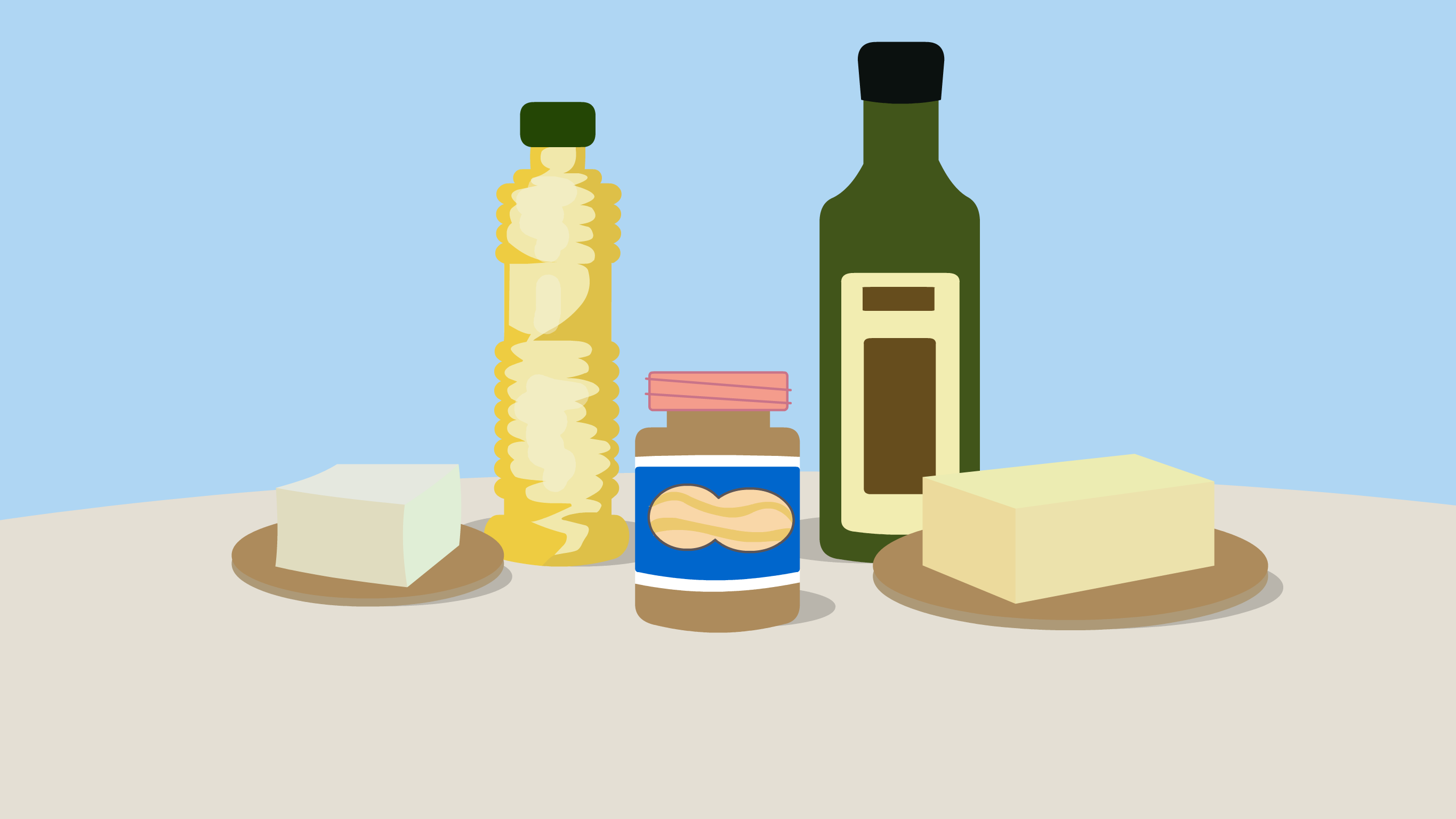
Fats and oils added to vegetables and some main foods give extra energy and stop you from feeling tired and weak.
Examples are: vegetable oil, oil seeds, butter, ghee, margarine and peanut butter.

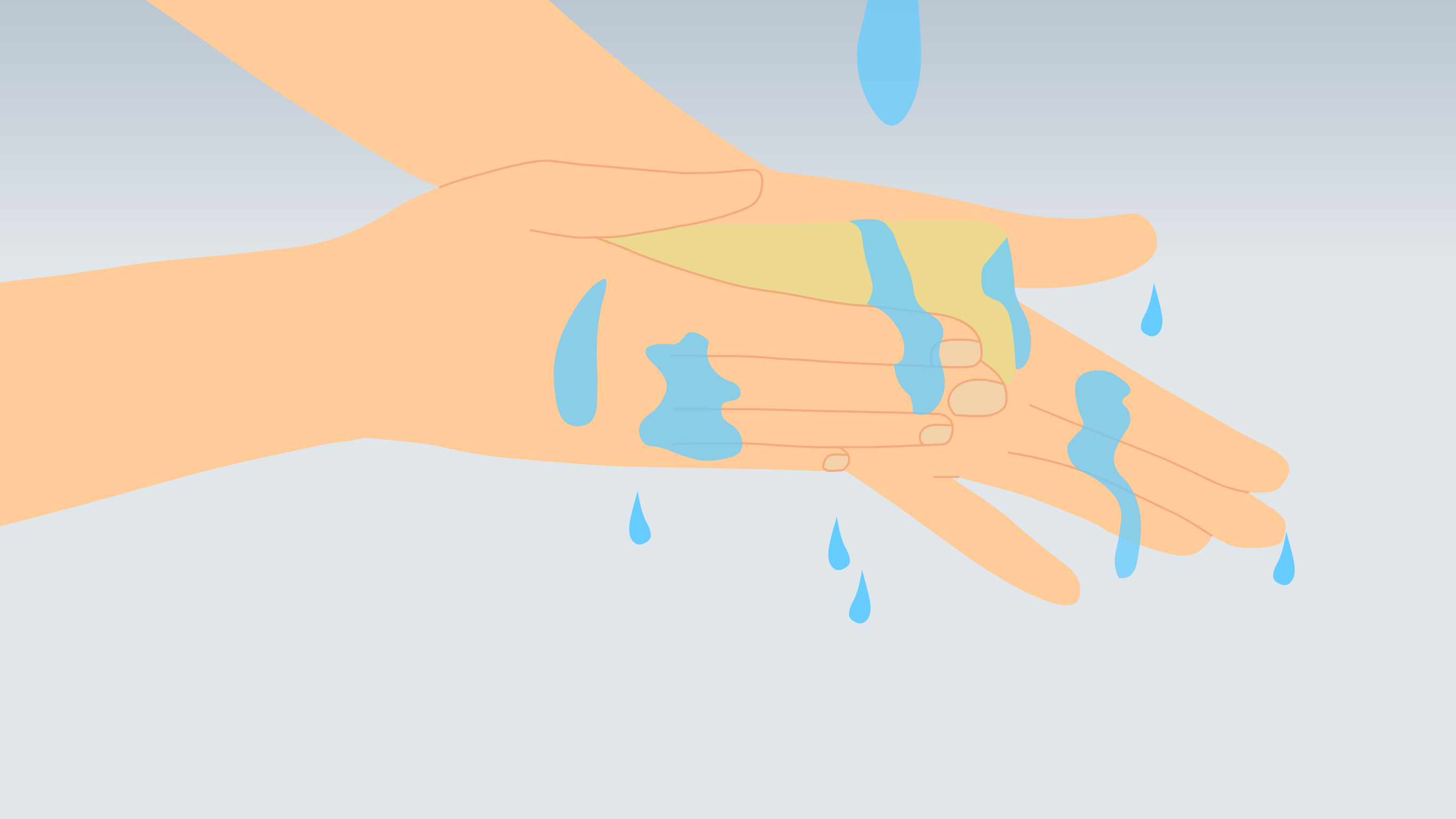
Before making and eating meals, always wash your hands with clean water and soap. Keep food areas and utensils clean and keep ready-to-eat food covered to stop insects from touching it.

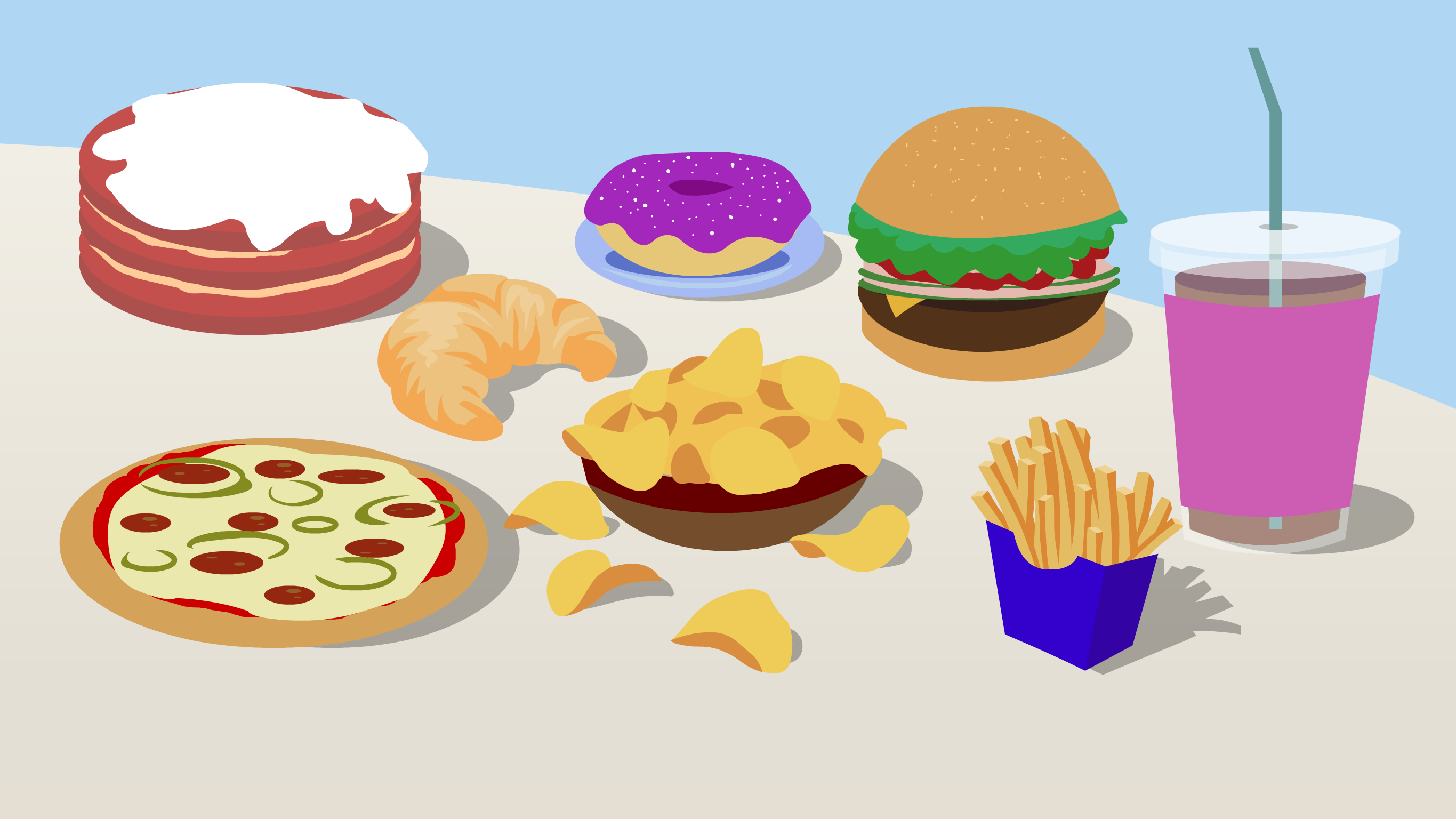

Do not eat foods with too much fat and sugar.

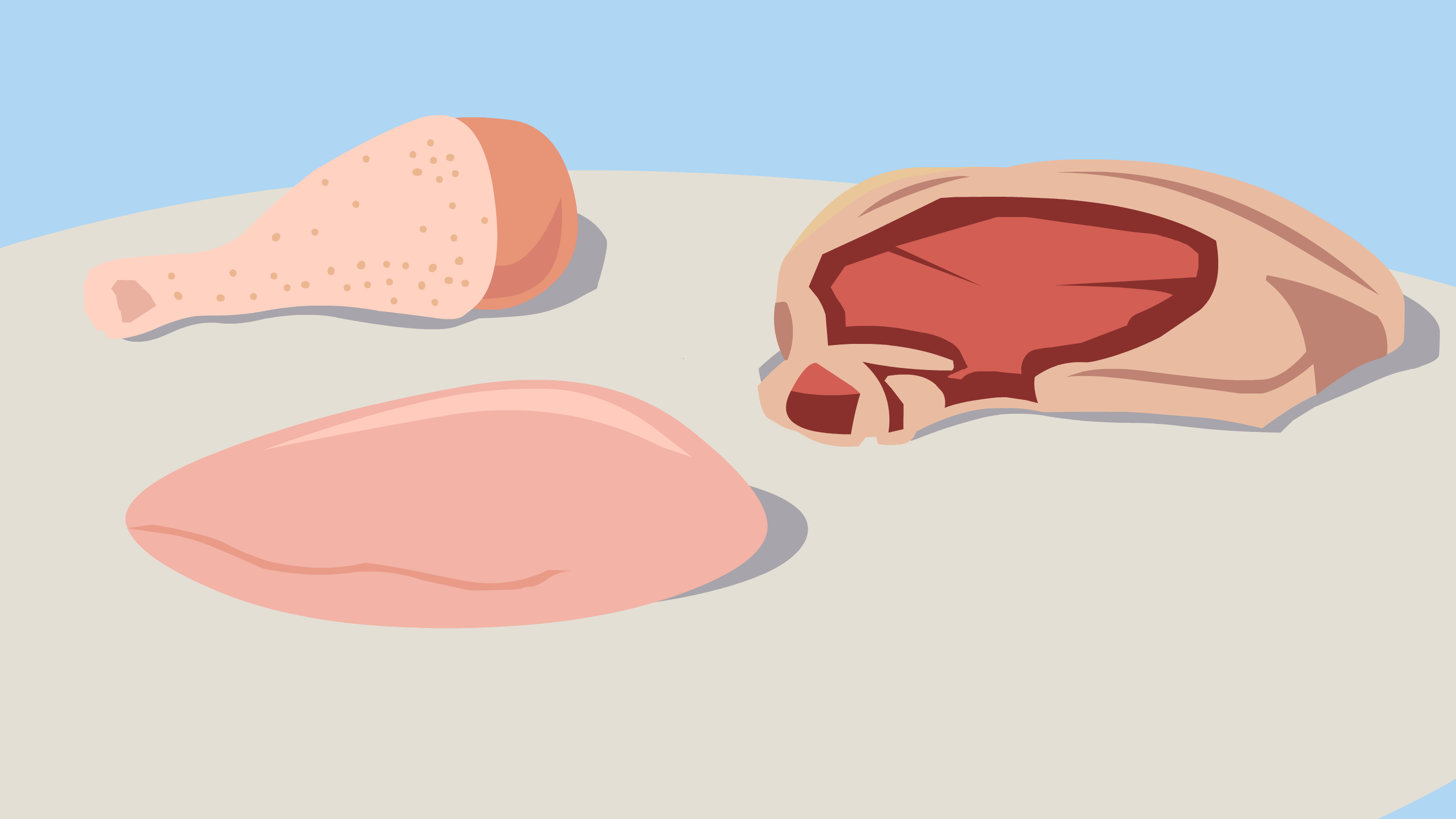

Do not eat raw meat or meat that is not cooked well.

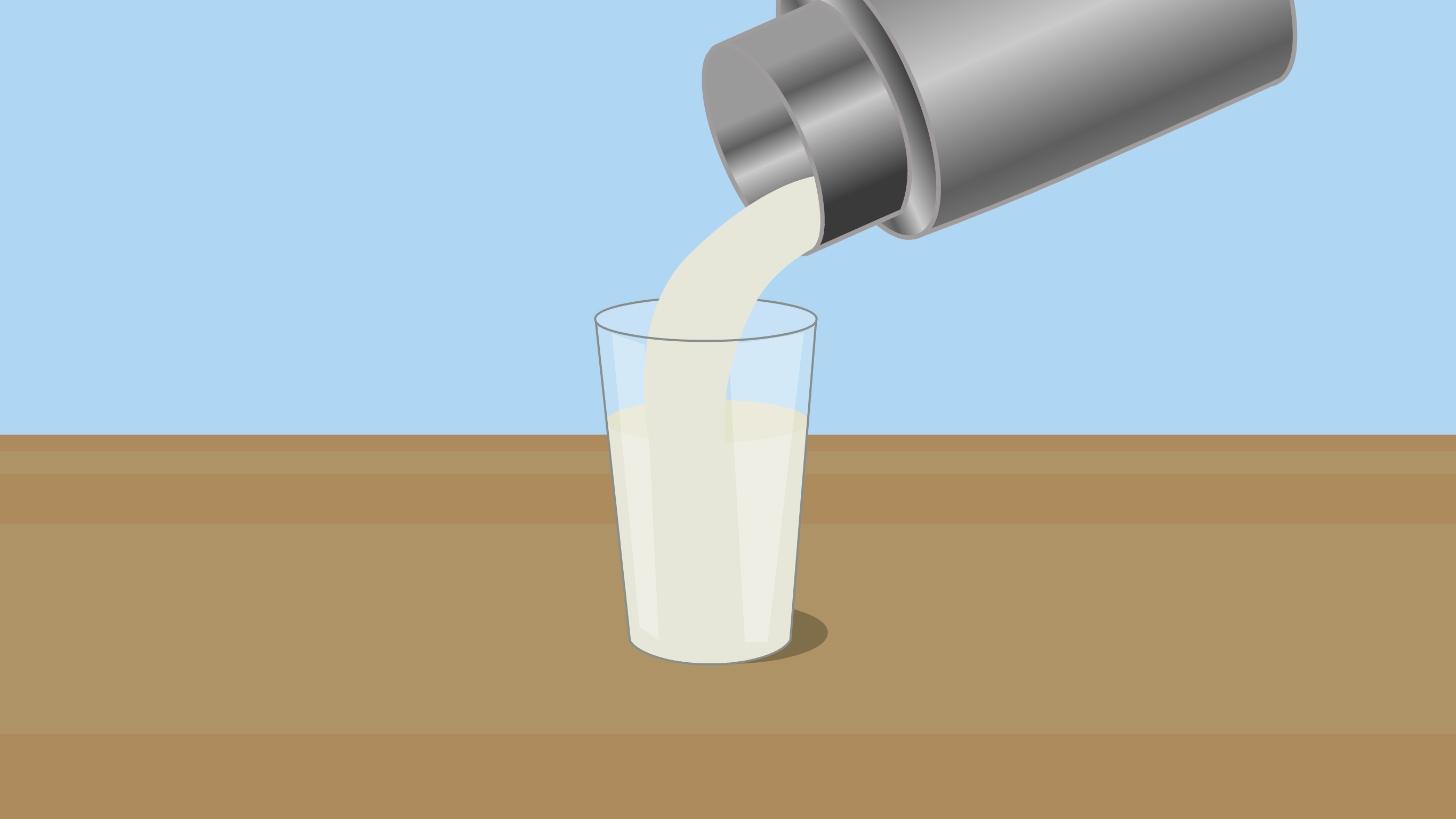

Do not drink milk that is not treated or properly heated.

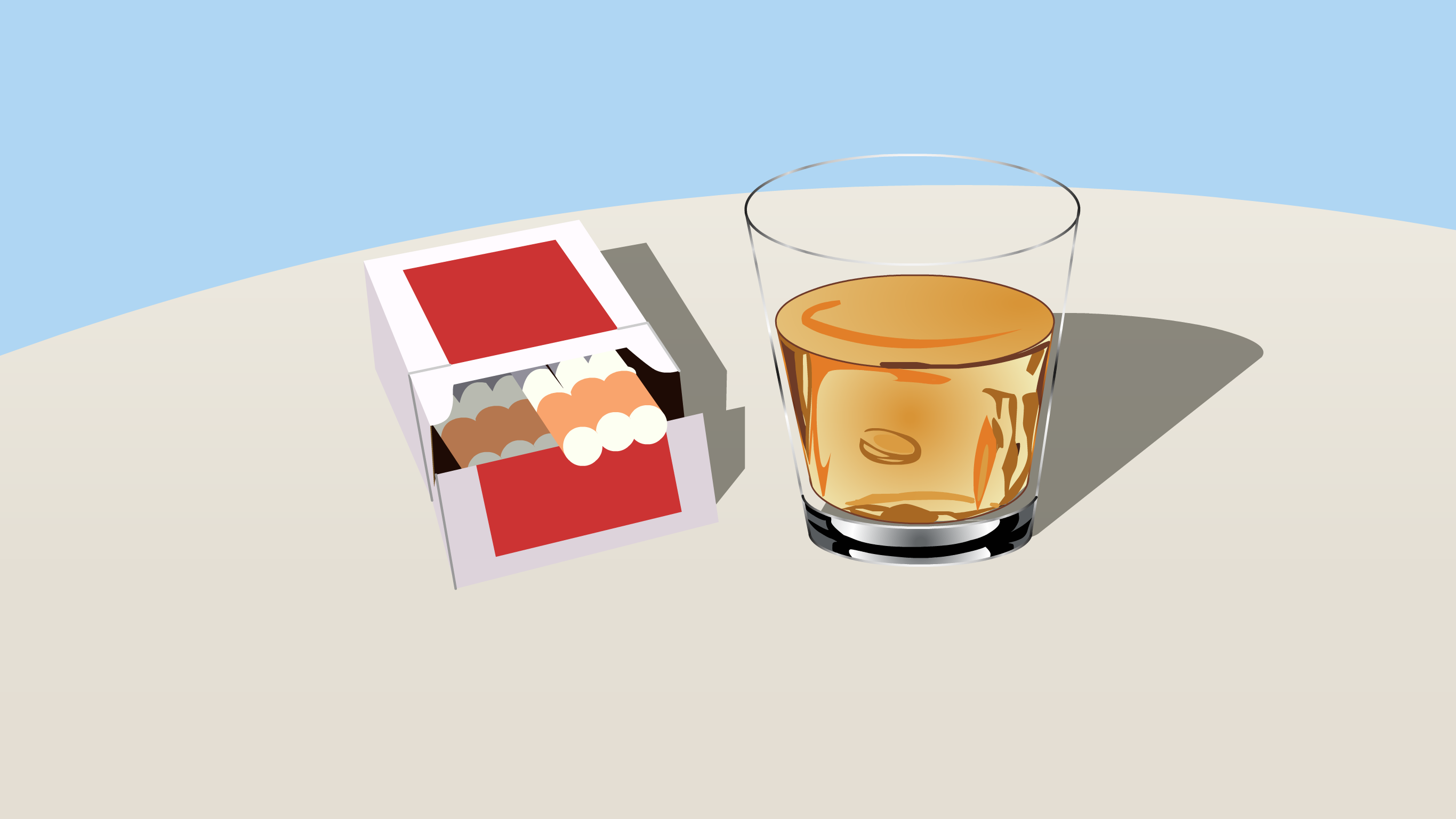

Do not drink alcohol or smoke as they can harm the unborn baby.

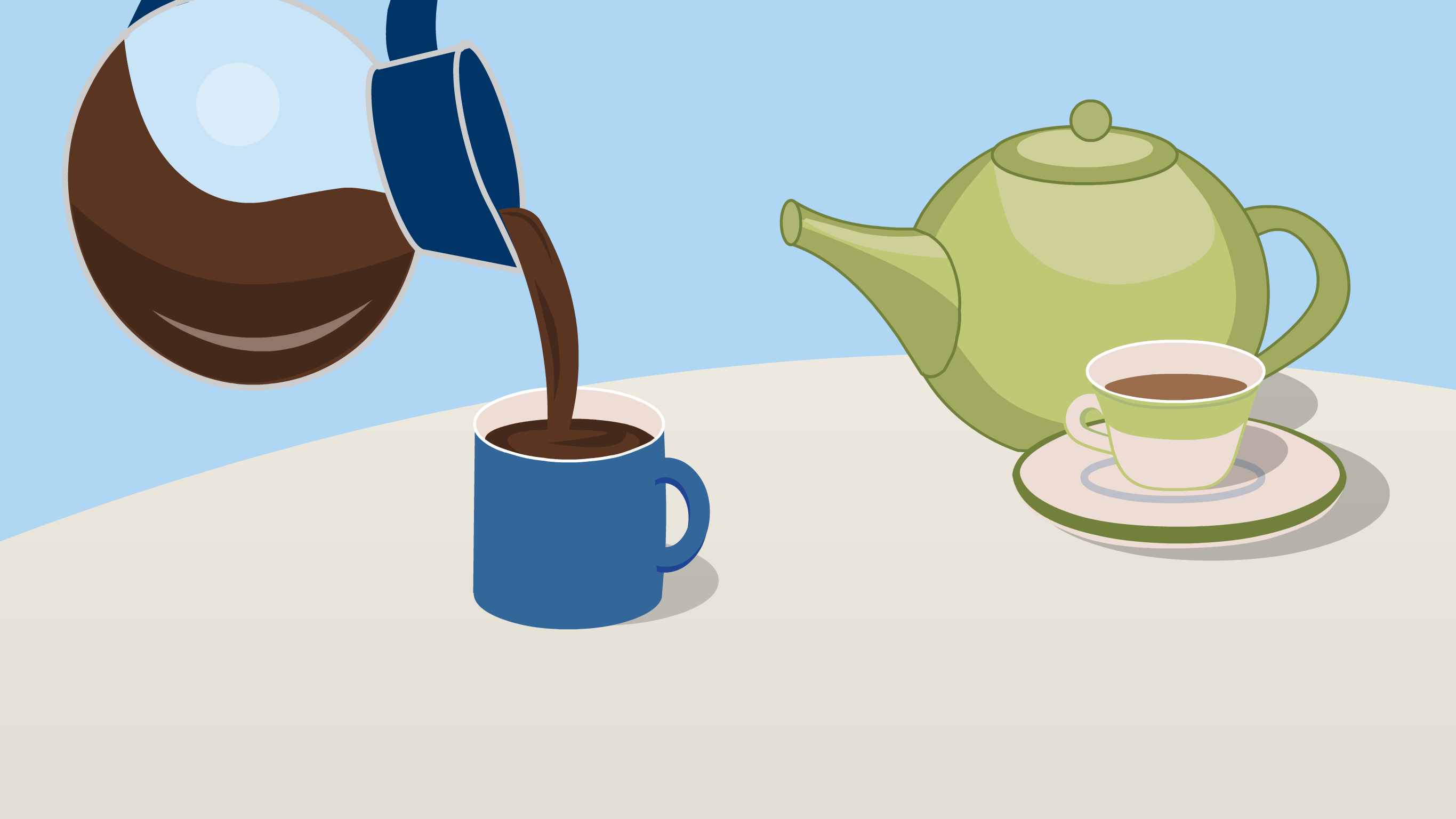

Do not drink tea and coffee with meals as it can stop the body from using the vitamins and minerals got from food and make you get anemia (or weak blood).

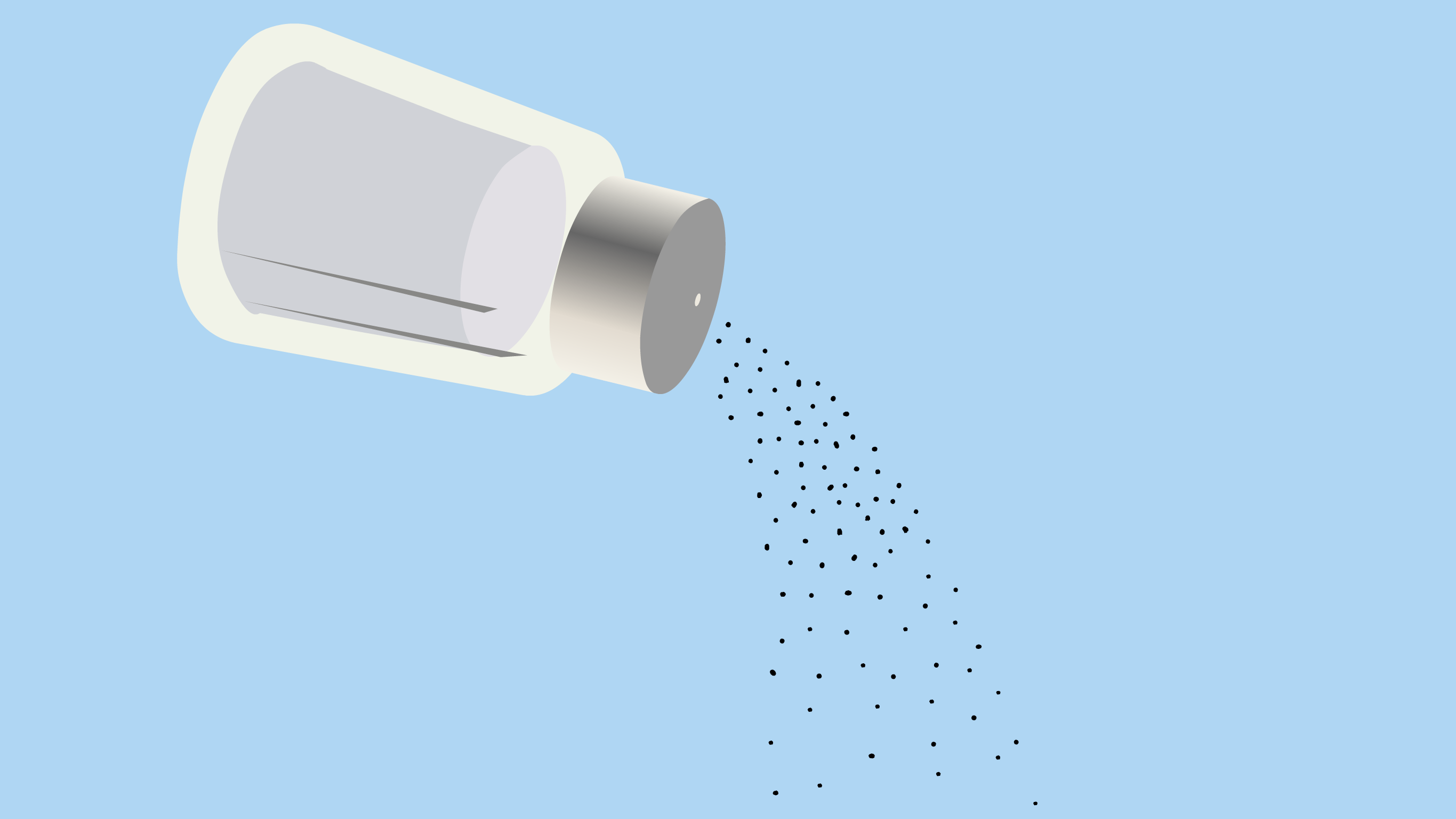

Do not eat too much salt and try to eat salt which has iodine added to it.


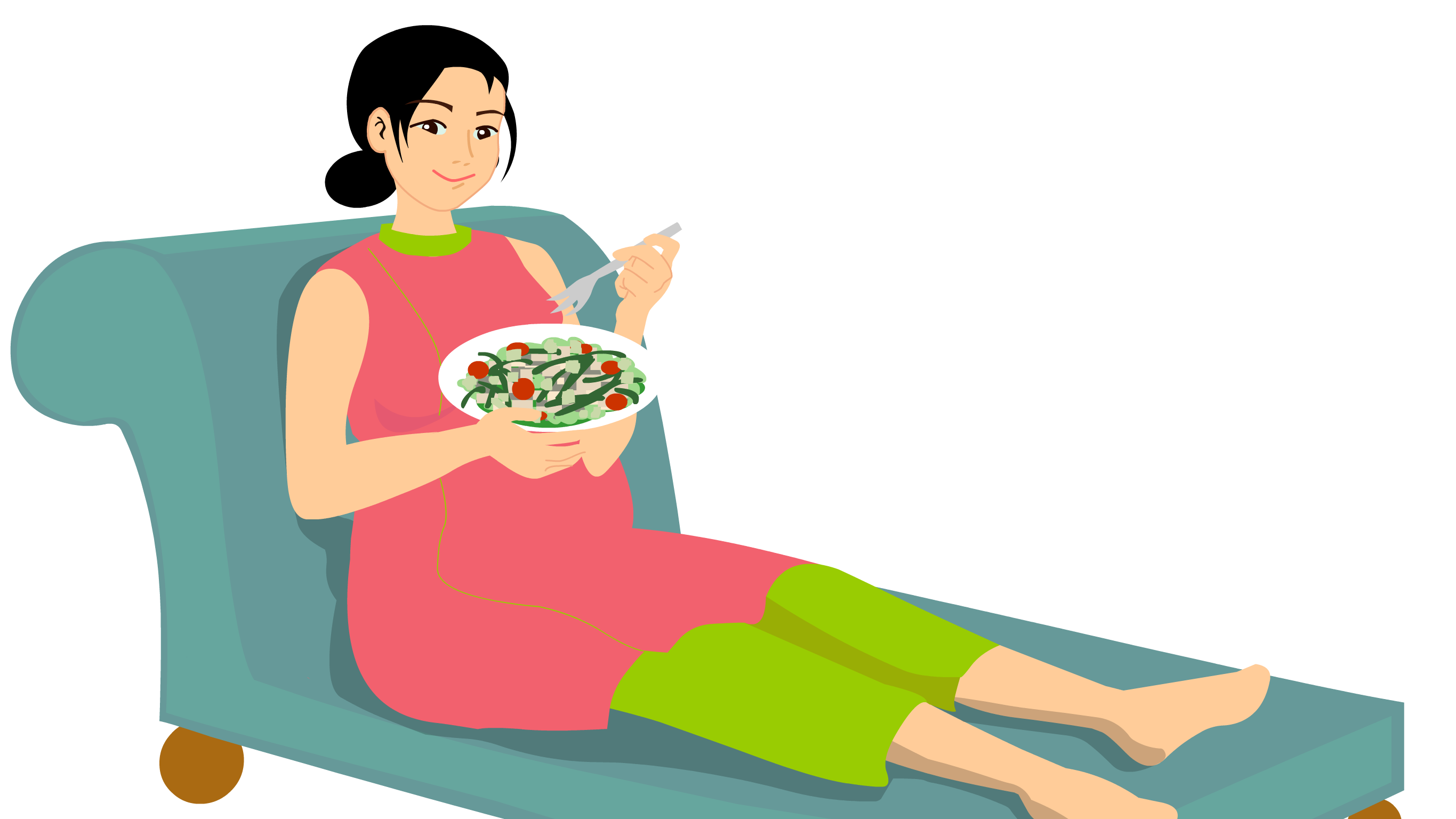
A healthy diet and exercise will help to stop too much weight gain in pregnancy. It helps to stop constipation and anemia (or weak blood).


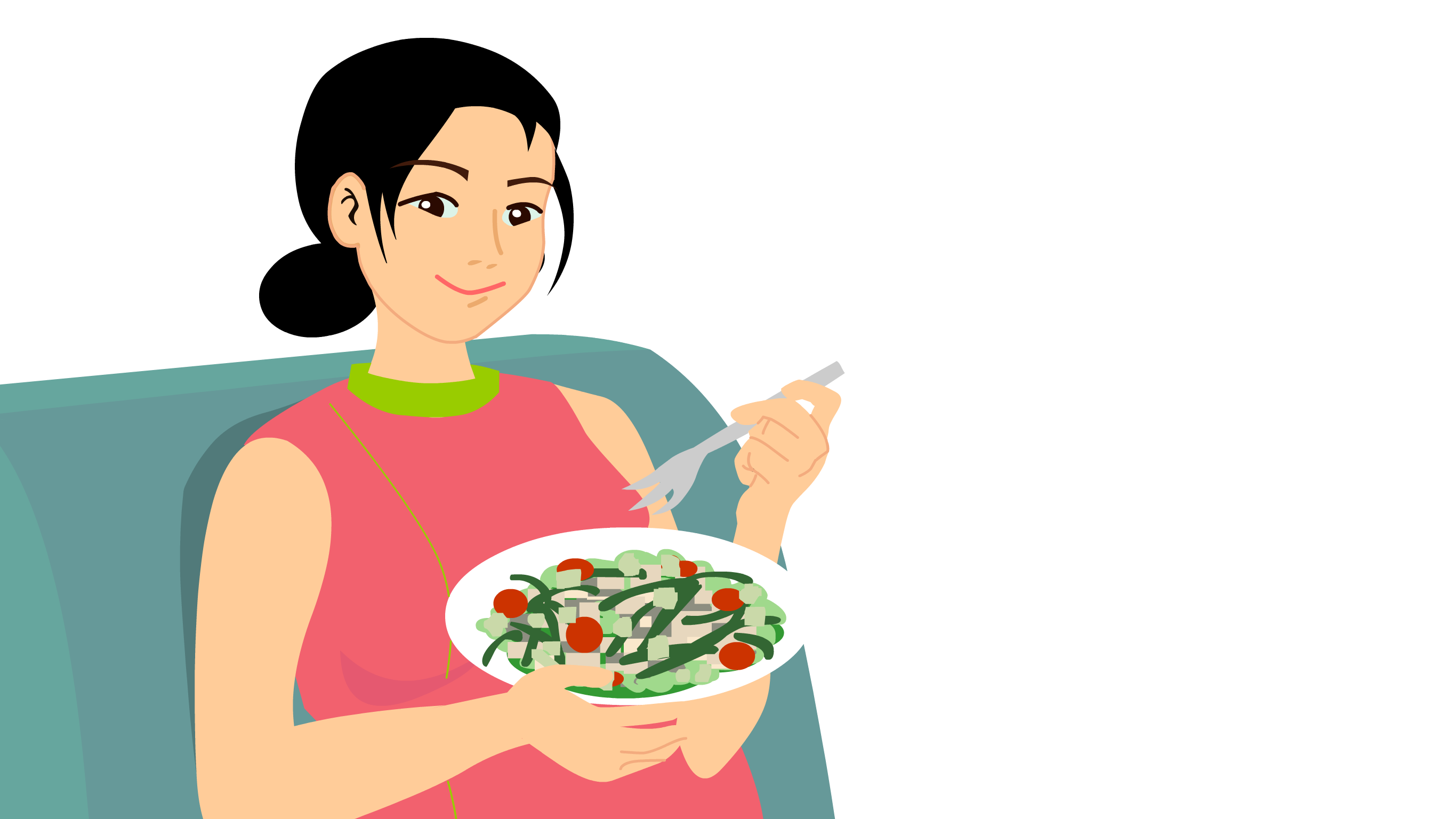
Remember, if you look after yourself by eating a healthy diet, you will be in a better place to look after everyone else.

The authors of this DIET AND NUTRITION IN PREGNANCY program are:
- Alice Norah Ladur
Liverpool School of Hygeine and Tropical Medicine, UK - Enid Glorious Tumweheire
Baylor College of Medicine Children's Foundation, Uganda
The Welfare of Women program has been created under the General Editorship of Dr Kate Lightly, University of Liverpool, UK and is overseen by an expert International Editorial Board
The cost of producing this resource has been partly funded by an educational grant from GSK
/
